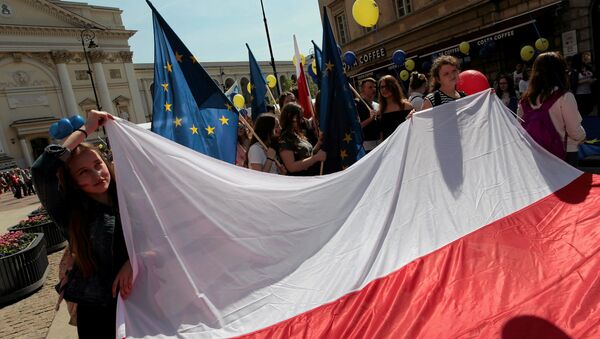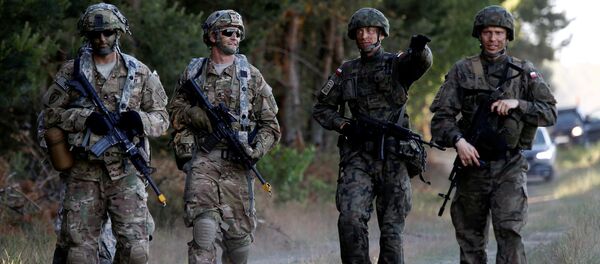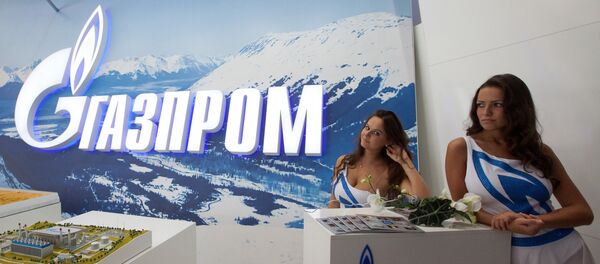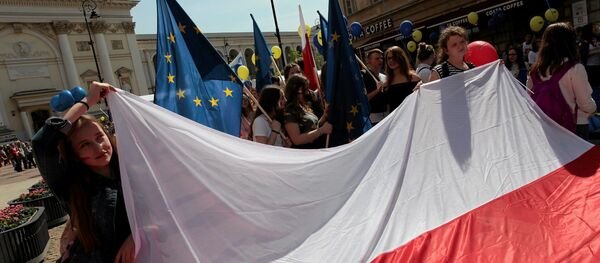Speaking to the German daily newspaper Die Welt, Waszczykowski started off cordially enough, describing Poland's relations with Germany as "very good overall."
"This applies to political, economic and military issues," the minister explained. "Our annual trade turnover amounts to nearly €100 billion." Furthermore, Waszczykowski noted that Germany's deployment of troops to Poland in the framework of the NATO effort to beef up its presence in Eastern Europe showed that Berlin was "making an important contribution to deterrence," against Russia, presumably.
However, taking off his diplomatic hat, the foreign minister called German cooperation with Russia on the Nord Stream II pipeline project "selfish," and suggested that the pipeline violates not only Poland's interests, but those of other Eastern European countries as well. "The Nord Stream project is a political project that has nothing to do with economic interests," the minister said.
For its part, Moscow has consistently described Nord Stream II as just the opposite – an economic project to deliver Russian gas to Western European customers directly, thereby bypassing unstable, unreliable or unfriendly governments in Eastern Europe.
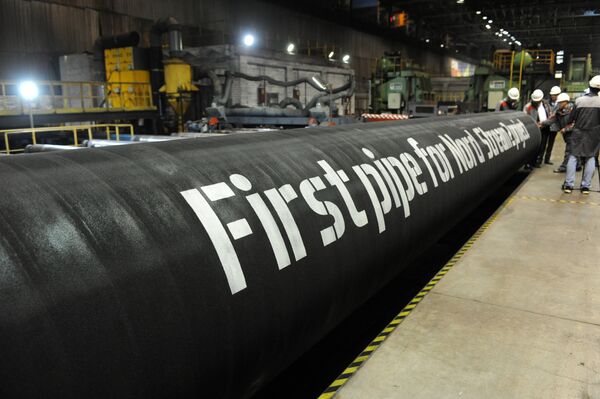
Waszczykowski expressed a different view, suggesting that Nord Stream II would "given give Russia a tool to blackmail Poland, Ukraine and, in the end, Western European governments on energy questions. The pipeline hurts European solidarity and only strengthens Gazprom's monopoly in Europe."
Moving on, Waszczykowski attacked the German-French concept of a 'multi-speed' Europe, supported by both German Chancellor Angela Merkal and recently-elected French President Emmanuel Macron. The minister warned that "this concept would end in disaster" and emphasized that Warsaw rejects the idea.
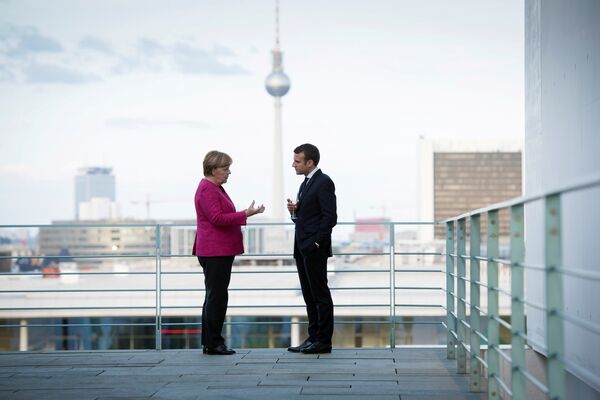
The minister added further that if the EU begins the process of creating its own political structures, such as an EU finance ministry or a common budget, it would split the EU. "This is very dangerous. This could mean the end of the European Union."
Observers have warned that 'multi-speed' EU, officially described as a concept where different countries engage in integration at different levels, could see countries like Poland and Hungary being sidelined in future decision-making processes. Both countries are presently at loggerheads with Brussels on several issues, from energy security, to environmental issues, to collective responsibility for refugees and migrants.
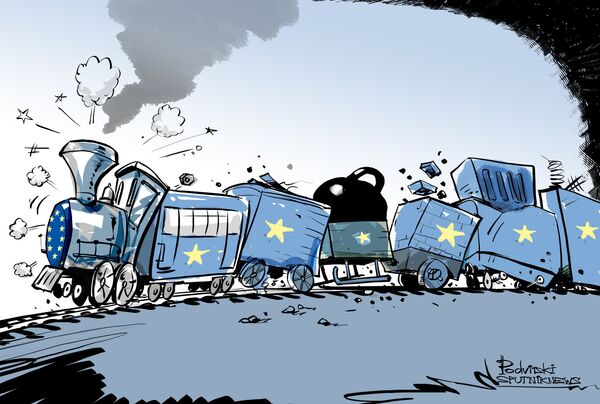
In Poland's case, the European Commission has also demanded that Poland renege on recent legal reforms, including reforms to the country's constitutional court. Brussels has launched an investigation into whether the rule of law is threatened in Poland.
Asked to comment, Waszczykowski complained that it was "illegal to treat Poland this way," adding that the changes to the work of the Constitutional Court, and the composition of judicial posts, were actually made by the previous government. Accordingly, Brussels is showing "double standards" toward the current government in its assessment of the situation, according to the diplomat.
Asked whether the European Commission might take the next step and actually move to strip Poland of its voting rights, as it has threatened to do, the diplomat said that this was "pure speculation," and that "under the [EU] Treaty, the Commission does not have the right to initiate such a procedure."

